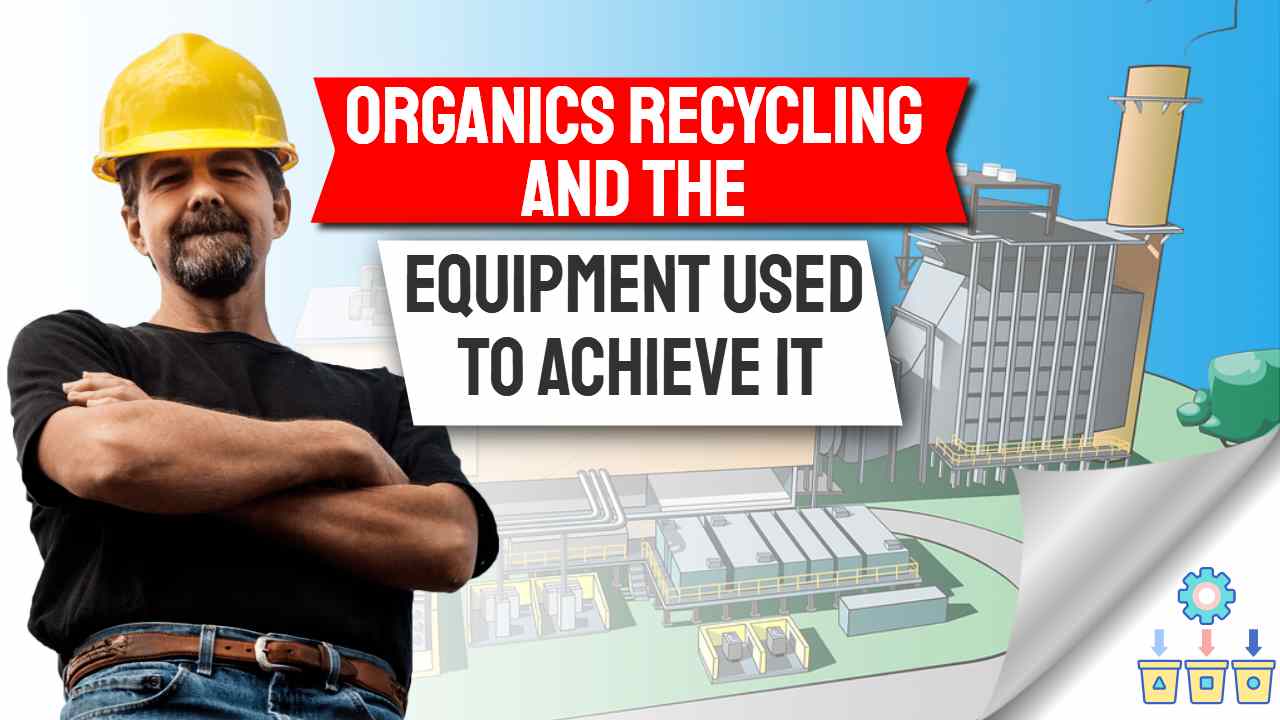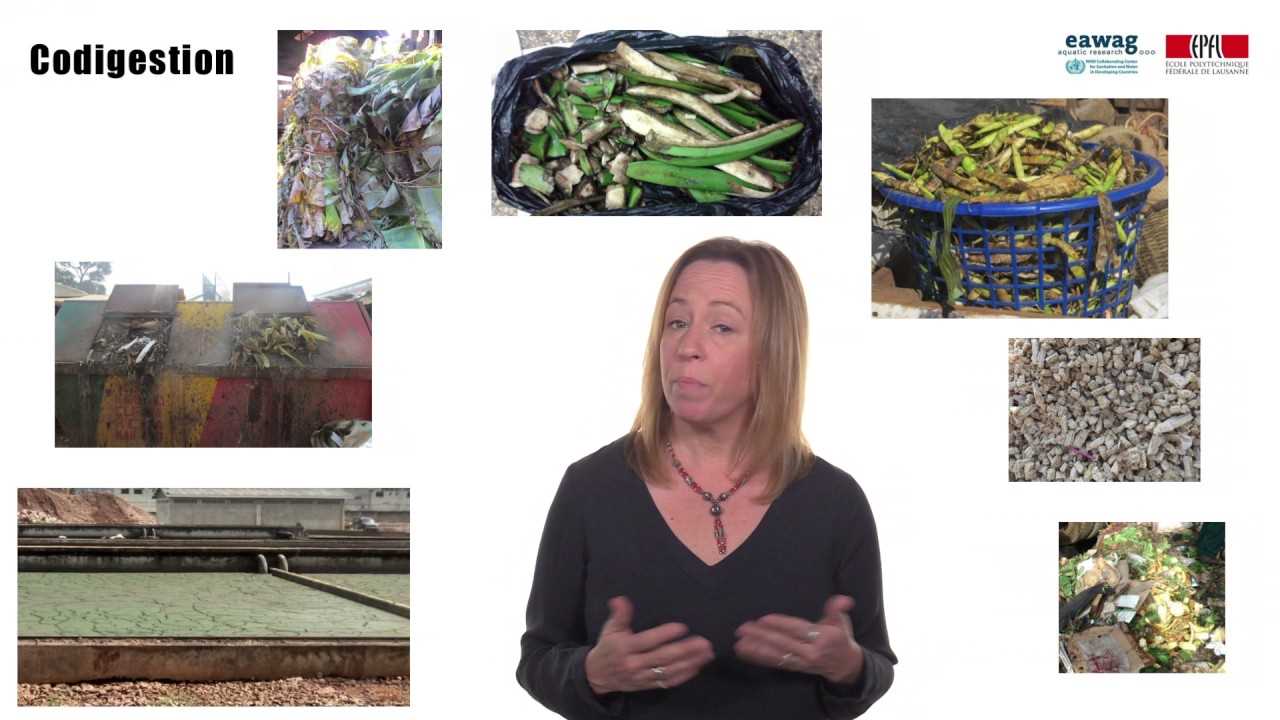What is Organics Recycling and the Equipment Used to Achieve It?
by Organico
Posted on 13-01-2023 06:31 PM

Organics recycling refers to the process of collecting and processing organic materials, such as food scraps, yard waste, and agricultural waste, to convert them into useful products, such as compost or biogas. It is important for the environment because it diverts organic waste from landfills, where it produces methane, a potent greenhouse gas.
Additionally, the compost or biogas produced from organic recycling can be used as an alternative to fossil fuels, reducing the carbon footprint of energy production.

Organics Recycling and the Circular Economy
Organics recycling is important for the circular economy because it helps to close the loop of materials-use by turning waste into a valuable resource, rather than extracting new resources. It also can also help to reduce the demand for synthetic fertilizers, which are often made from fossil fuels and can have negative impacts on the environment.
- collect,
- transport, and
- process the organic materials.
Organic Recycling Collection Containers
The collection container (or kitchen waste "Caddy") is one of the first pieces of equipment used in organic recycling. But depending on the type and size of the establishment from which this waste is collected these containers can range from small bins for household food scraps to large dumpsters for commercial or industrial waste. The containers are typically made of durable materials, such as;- metal or plastic,
- to withstand the weight and moisture of the organic materials.
Collection Vehicles for Organic Waste Collection Vehicles
Once the organic materials have been collected, they are transported to a processing facility. The transport vehicles used for this process can vary in size and type, but they are typically designed to handle heavy loads and to keep the organic materials separate from other types of waste.Equipment Used at Organic Waste Treatment Facilities
At the processing facility, the organic materials are processed using a variety of equipment. One of the most common types of equipment used in organic recycling is the composting machine. These machines can vary in size and design, but they are typically used to break down organic materials into a nutrient-rich soil amendment called compost. Composting machines can be either static (known as windrows) or dynamic, with static composting equipment relying on natural aeration and dynamic equipment using mechanical means to mix and aerate the organic materials.Anaerobic Digesters - The Heart of Organic Waste Processing
 Anaerobic Digesters are central to Organic Waste Recycling[/caption] Another type of equipment used in organic recycling is the anaerobic digester. These installations use very large tanks (digesters) in which microorganisms break down the organic materials in the absence of oxygen, producing biogas, a mixture of methane and carbon dioxide that can be used as an energy source. Anaerobic digesters can be
Anaerobic Digesters are central to Organic Waste Recycling[/caption] Another type of equipment used in organic recycling is the anaerobic digester. These installations use very large tanks (digesters) in which microorganisms break down the organic materials in the absence of oxygen, producing biogas, a mixture of methane and carbon dioxide that can be used as an energy source. Anaerobic digesters can be
- batch,
- continuously-stirred or
- plug flow.
The Role of Depackaging Equipment in Organics Recycling
- plastic bags,
- boxes, and
- containers,
Depackaging Equipment
Depackaging equipment can include a variety of machines, such as manual or automated sorting tables, conveyors, and shredders.Sorting Tables
Manual sorting tables are typically used in small-scale operations where workers manually sort through the waste and remove packaging materials by hand.Automated Sorting Tables
Automated sorting tables, on the other hand, use sensors and cameras to sort and separate the waste stream into different materials.Conveyors
Conveyors are often used to transport municipal solid waste and source-separated kitchen waste (food waste) through the depackaging process and to move it to the next step of the recycling process.Shredders
Shredders can be used to reduce the size of the packaging materials and make it easier to remove them from the organic waste stream. Depackaging equipment can also include equipment that can separate materials like:- glass,
- metal,
- plastic and
- paper.




